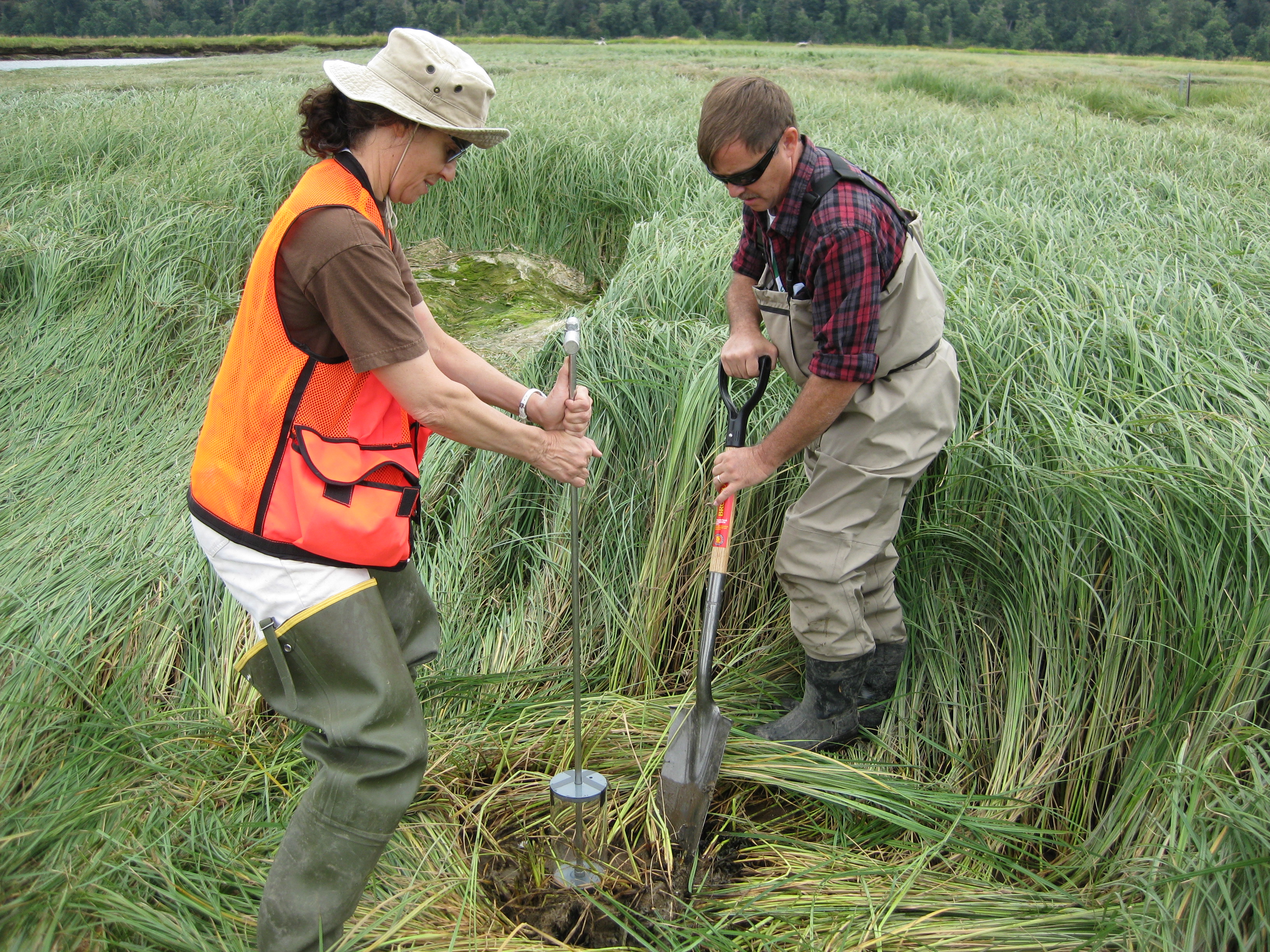Soils as a Key to Understanding Wetland Formation, Disturbance, and Sustainability
Abstract
Intact, undisturbed soils and sediments are key to the proper function and sustainability of wetland ecosystems. In this talk I will discuss how wetland soils and sediments provide important ecosystem services including carbon storage, sediment trapping, and vertical accretion. The talk will include results from three different studies incorporating these topics. In the first study, I compared the provenance of carbon in the sediments of a restoring vs. historical marsh in southern Puget Sound, Washington. In the second, I studied the impact of over 200 years of drainage on the carbon chemistry of peat soils in the Great Dismal Swamp of Virginia and North Carolina. The last study is currently wrapping up and focuses on how an invasive submerged aquatic plant has altered carbon and sediment accumulation processes in the waterways of the Sacramento-San Joaquin Delta in California. In all of these studies, the proper function and long-term sustainability of wetlands have been impacted by human impacts to the system.
Bio
I am a wetland ecologist (official USGS title: Research Hydrologist) who has worked at the US Geological Survey, California Water Science Center since 2000. I got my PhD at Cornell University in Ithaca, NY and did a postdoc at the Forest Service in Honolulu, HI studying mangroves in Kosrae (pronounced Kosh-rye) and Pohnpei (pronounced Pohnpay), Federated States of Micronesia before joining the USGS.




